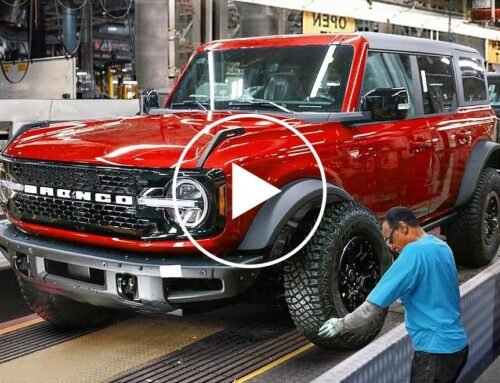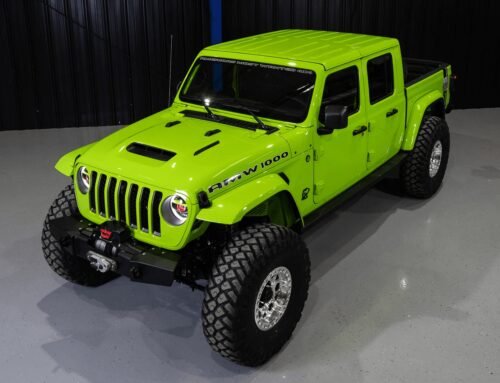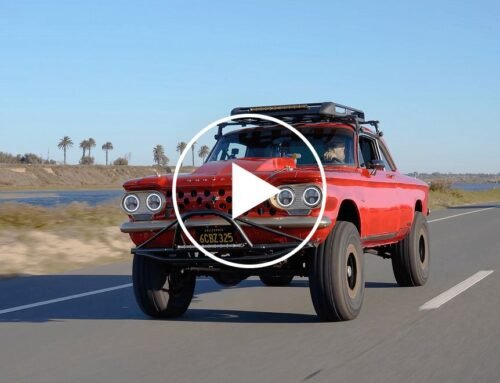Job listings confirm Rivian’s ambitious future plans to revolutionize the EV industry.
As Rivian continues to test the R1T truck and R1S SUV ahead of deliveries this summer, the startup manufacturer is already making strides to improve EV technology in the future.
Both models will pack lithium-ion battery packs providing a maximum range of 400 miles and can be charged up from five to 80 percent in less than an hour, but job postings on the company’s career page suggest Rivian wants to develop solid-state batteries. In contrast, Fisker recently abandoned plans to build solid-state batteries because they are difficult to develop and the technology needs to evolve. Rivian, on the other hand, has made its intentions clear.
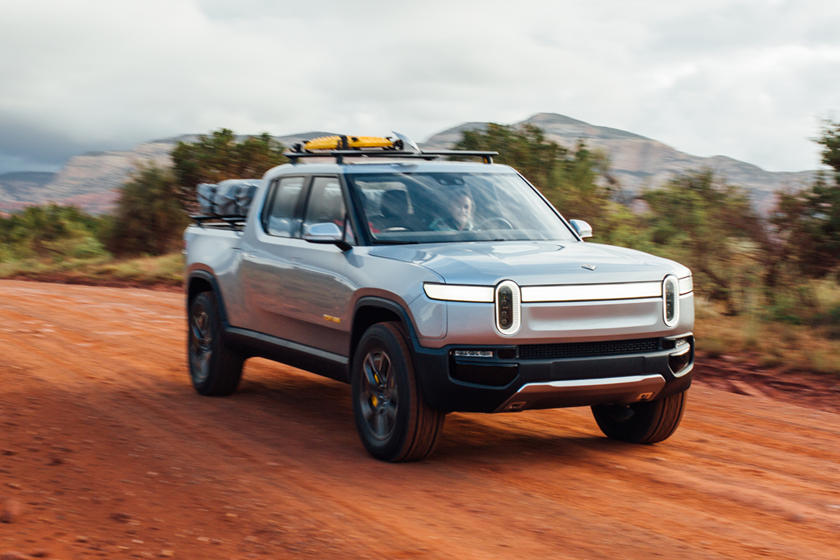 Rivian
Rivian
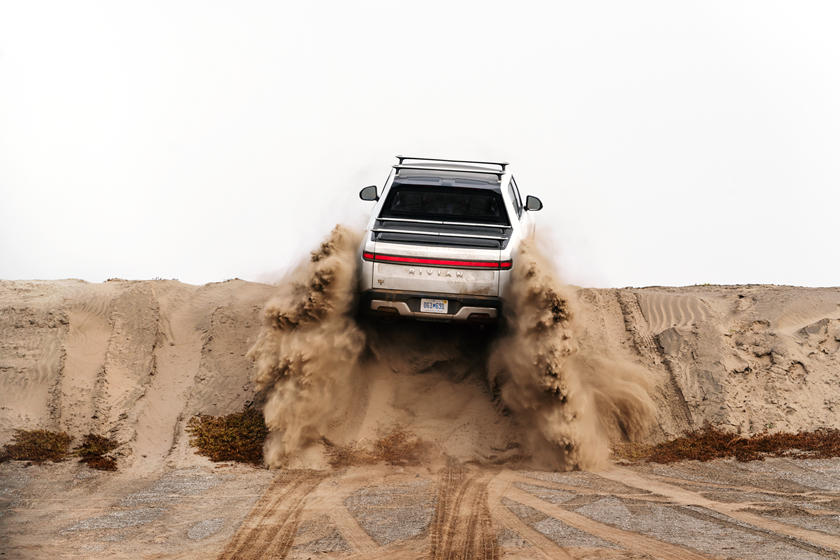 Rivian
Rivian


At the time of writing, five jobs are listed on Rivian’s careers page advertising positions relating to solid-state batteries, including a manufacturing engineer, staff manufacturing engineer, senior manufacturing engineer, manufacturing engineer manager, and a senior solid-state cell manufacturing engineer. The senior manufacturing engineer will “join a team developing the next-generation battery cells for Rivian,” build “a comprehensive team working on manufacturing solid-state batteries,” and “work with technology partners to define and deliver solid-state battery cell line(s).”
These positions will be based at Rivian’s Palo Alto facility in California. Compared to lithium-ion batteries, solid-state batteries use solid electrolytes instead of combustible liquid electrolyte,
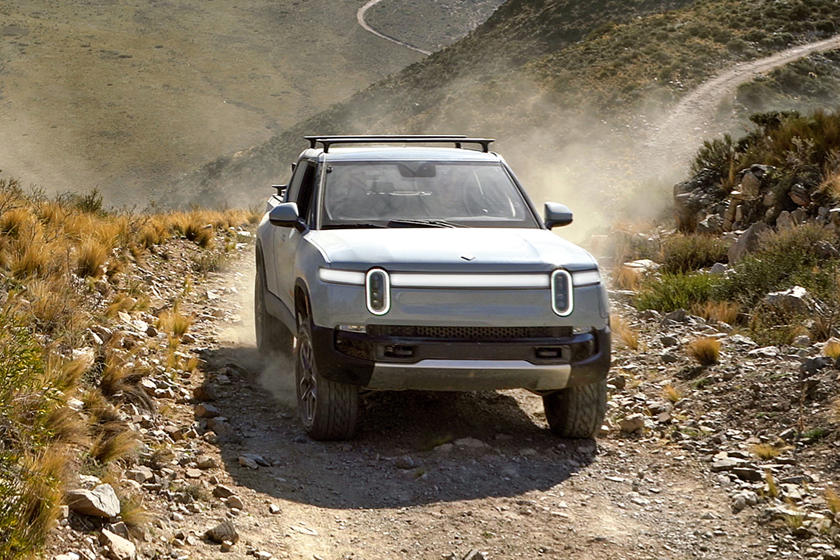 Rivian
Rivian
 Rivian
Rivian


This will allow for longer ranges and faster charging times, but the complex technology has proven difficult to develop. Clearly, it’s going to be several years until we start seeing Rivian models powered by solid-state batteries, but it’s encouraging to see the company pouring resources into the research and development of technology that could revolutionize the EV industry.
Toyota could beat Rivian in the race for solid-state batteries, however. The Japanese manufacturer is aiming to develop solid-state batteries by 2025 and has filed more than 1,000 patents relating to the technology. Allegedly, Toyota will preview its game-changing battery technology in a prototype car this year.


